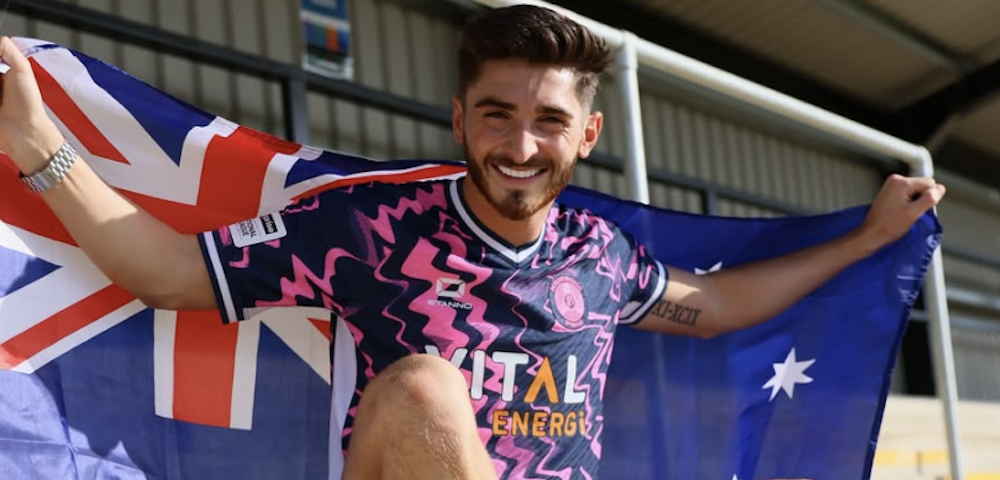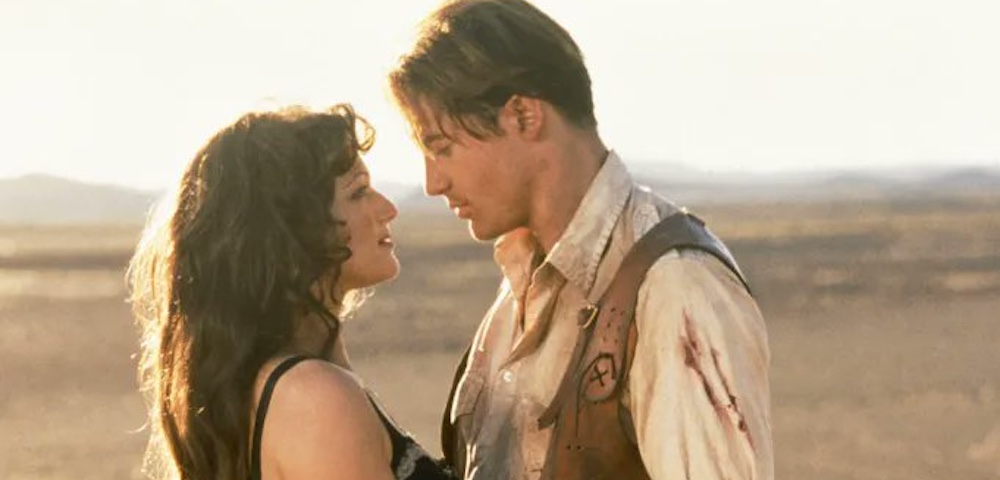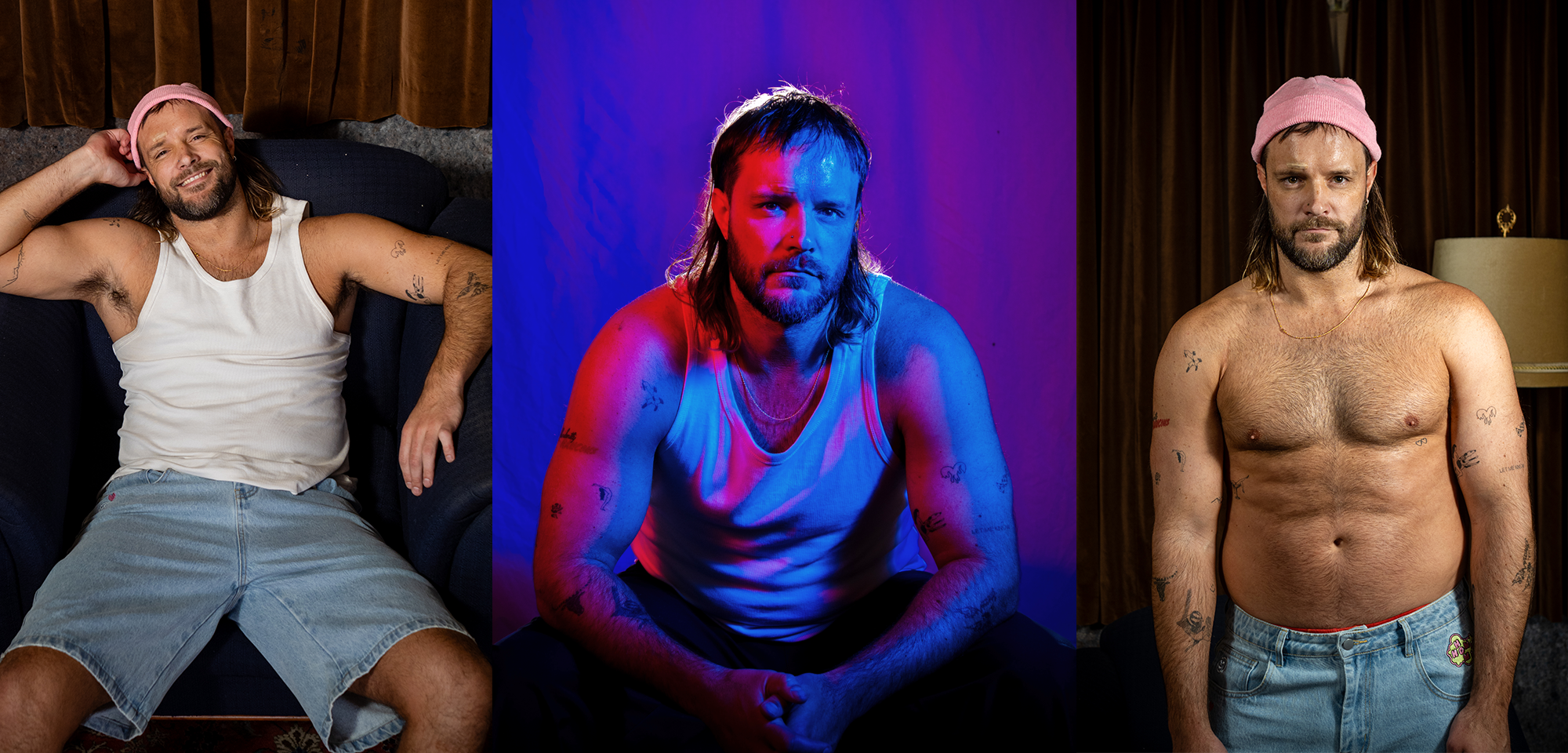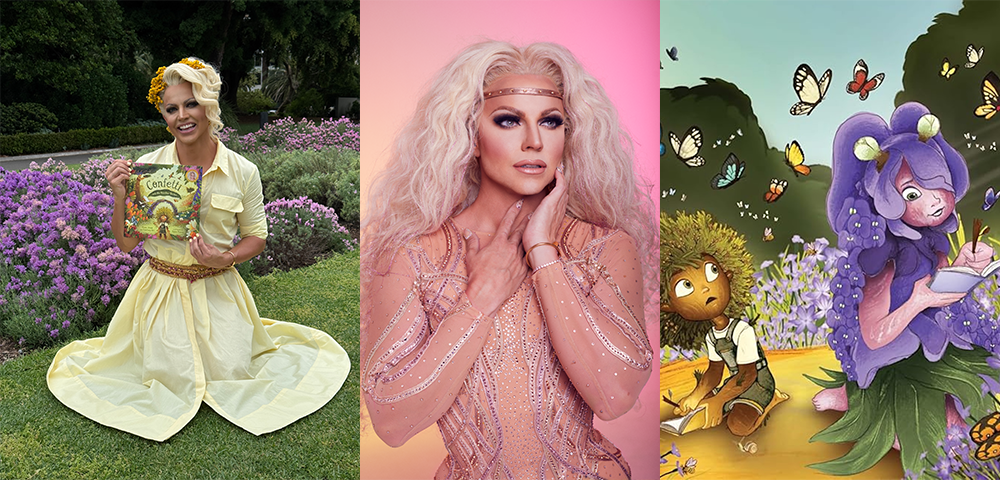
Pride In London Rejects Demand To Ban Metropolitan Police From Parade
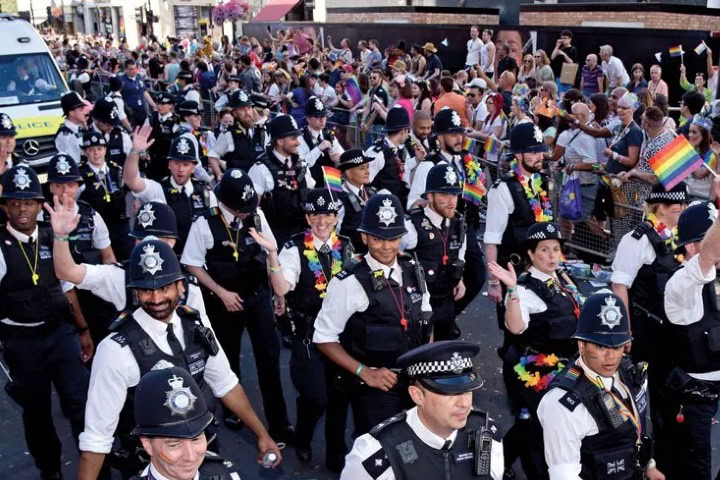
Should Police officers be banned from participating in Pride Marches? It remains a divisive question, yet one that for the moment at least, Pride In London has decided in favour of the Metropolitan Police. Pride In London, one of Britain’s biggest pride events, has voted “for now” to reject the call to ban the Metropolitan Police from marching in the parade.
The vote for the inclusion of police will likely cause anger and distress among many and follows after board members of the organisation spent considerable time deliberating on the matter. The calls to ban police gained further traction over the course of 2020 and in the wake of the Black Lives Matter movement.
These protests have further exacerbated and highlighted the fraught relationship between officers of the law and LGBTQI and other minority groups, with Pride in London having received hundreds of responses to a Twitter campaign highlighting institutional racism within the Met and demanding the exclusion of its LGBT+ Network group from the parade.
https://twitter.com/jasebyjason/status/1268535880685367296
In essence, Pride In London had a chance to stand up for the rights of queer People Of Colour, yet despite data released by UK Home Office that highlights as example, how police were 11 times more likely to use firearms (including cases where they were not fired), eight times more likely to use batons and six times more likely to use handcuffs on POC- they have chosen not to.
In 2018, the Stonewall Charity withdrew from Pride In London, over what they considered as ‘lack of diversity’ in yet another example of deep seeded issues within the organisation and its culture of in/exclusion.
Pleading with Pride In London for officers to be allowed to march, Metropolitan Police commissioner Cressida Dick had said in a letter, published by The Guardian that “For us, Pride in London is something we have been proud to be at the centre of,”
“It is a celebration of our own LGBT+ officers and staff, colleagues and friends, and an important moment in our calendar. I understand that much of the discussion you have had with my colleagues has been focused on the Met’s relationship with London’s Black communities.
“As commissioner, I have two key priorities for the MPS: bearing down on violence, and increasing public confidence in the Met, particularly the confidence of Black communities.
“These have been my core areas of focus since the start of my commissionership, and they remain so.”
In response, Pride In London have said that “Many were clear that exclusion would be the best way to show solidarity. Others felt that exclusion of LGBT+ people from Pride did not align with the inclusive nature and values of Pride and also gives right-wing and racist groups an unwelcome platform, centring on the decision made and ‘Pride’s response’, rather than the lives and lived experiences of, in particular, Black people.
“We have concluded that, for now, it is better to work in an inclusive process with the MPS to bring the wider LGBT+ communities together, to raise, discuss, and address concerns and to work towards bringing about the institutional and systemic change that is required to ensure that policing in our great city is equitable.”
Here in Australia, the topic has of course been the centre of much debate, though despite such recent examples of police brutality against members of our communities as the assault and unlawful arrest of transgender woman Anya Bradford– police marched in Mardi Gras Parade. Though, given the violent inception of Mardi Gras in 1978- the issue of police inclusion is a complex and hurtful subject and one which Pride In Protest will continue to advocate against, with NSW Health granting an exemption which allowed the group to go ahead with its Mardi Gras March on Saturday afternoon.




